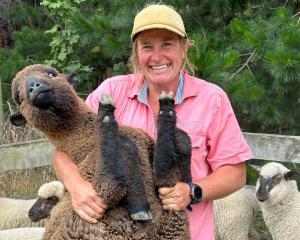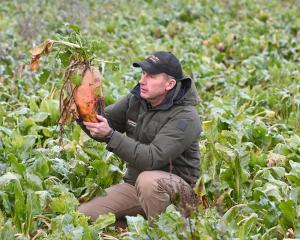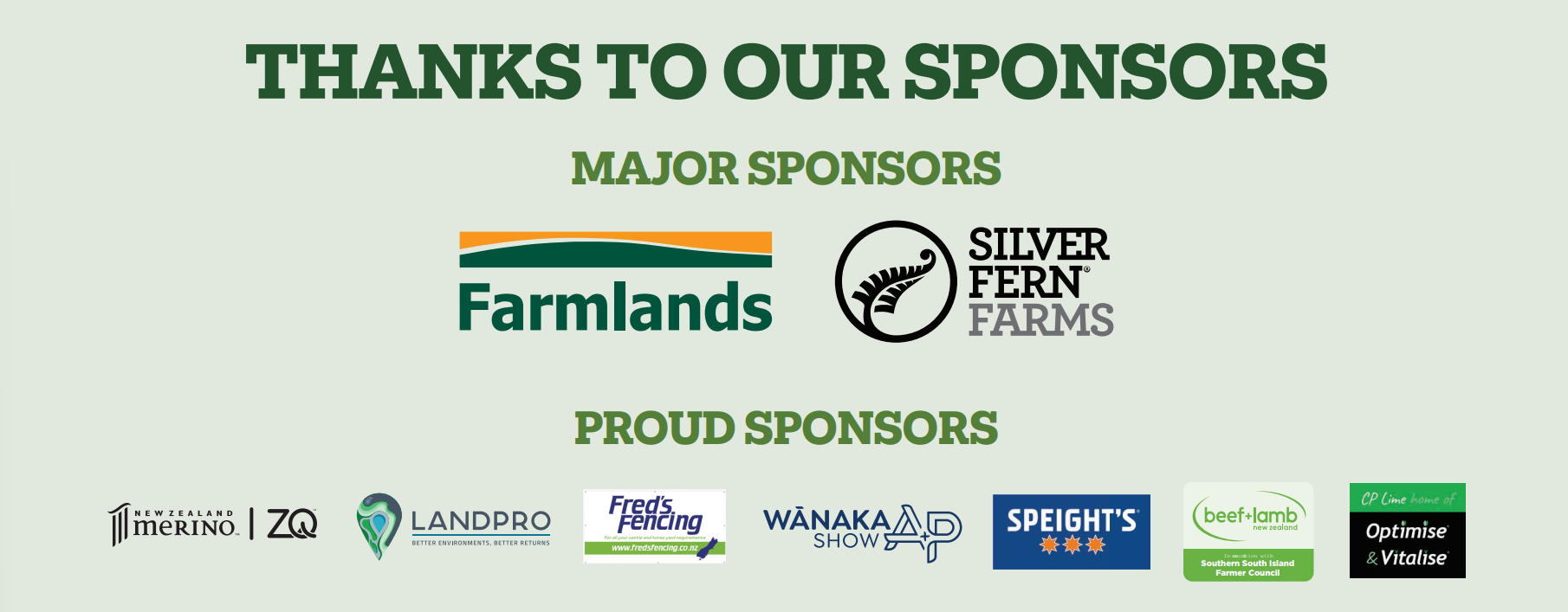
Ron’s nomination said he was a good example of someone who had not only achieved farm ownership under his own steam of frugality and with an eye for efficiency, but also he also the family’s land holding over time with the purchase of three additional farm blocks.
The nomination said he has also been a strong community man as a member of the Lawrence Lions Club for 42 years and became involved at a high level as the district governor.
He has battled a genetic back issue which could have ended his farming career had he not been proactive and thorough with his surgeries and rehabilitation.
Ron and his family are hardworking and have a strong desire to care for their properties using sustainable farm practices.
Unapologetically from the "old school of thought", Ron and his wife Carol have successfully sheep farmed through the highs and lows of the industry over the decades.
Ron was one of five children and grew up on a farm in West Otago. Dispersal of his father’s holding in the farm was divided five ways which gave the couple a small hand up but the bulk of their first farm deposit came from their hard-earned savings.
"We went into the farm with 38% equity and lived very frugally in order to pay the farm off."
He credits his wife Carol for her thrifty mindset.
"We are very much a team with the same vision, we are not wasters," he said.
Carol has enjoyed her life as a farmers wife, "keeping the vegetable garden full and making do with what we have around us", she said.
"There is something to be said about being there to support your husband; being on call to help when needed.
"I think many women nowadays feel this pressure to be a superwoman with their own careers.
"Farming is not a 9-to-5 job; it is relentless, and I have always believed the backup support we as farm wives offer is very important."
In 1998, the couple had paid off the first farm and had saved enough capital to buy a second block with a 50% deposit.
Ron lifted production significantly over the seasons and the property was paid off after three years. A third farm was bought in 2011 and the fourth four years ago. Each average about 300ha in size.
"Farming has been a little more frustrating lately, with a few dry seasons, we have had to drop capital stock numbers.
"It’s certainly a different place to be in compared to what we have been used to, but we’ll get through, things will come right," he said.
The couple’s sons Bruce and David and their families now also farm alongside.
Each of them oversee the day-to-day management of their own blocks and they talk regularly and help one another out with the big jobs.
"We do as much as we can in-house. For example, we have two sheep handlers for weighing and crutching."
Forestry is a large component of the farming business and over the decades they have planted a total of about 140ha of the steep faces and gullies into trees, doing the pruning themselves and eradicating the broom and gorse with a knapsack and sheer hard slog.
"A solid day or two on the end of a knapsack, you can achieve a lot," Ron said.
















